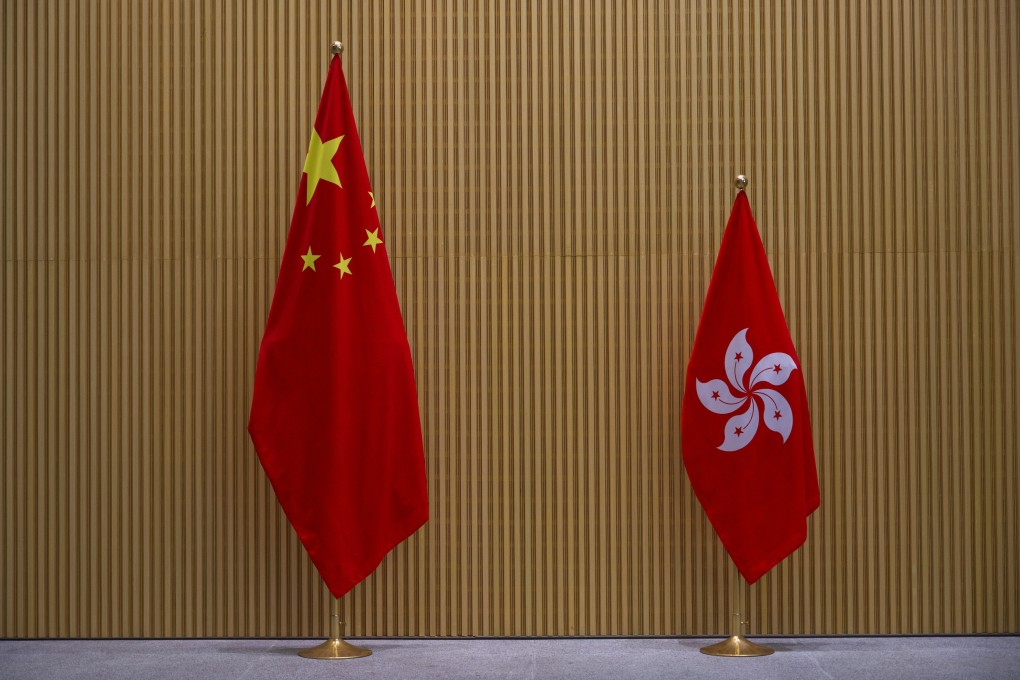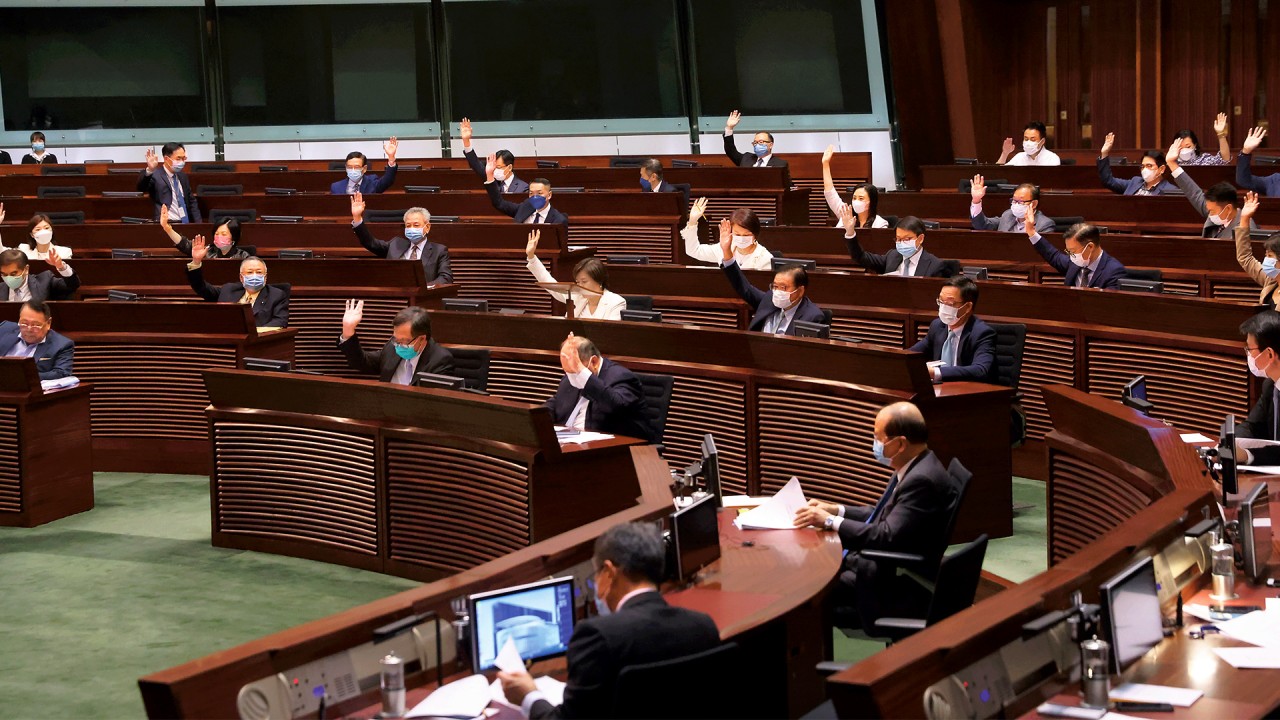Editorial | Vetting body should give those willing to serve city a chance
- Opposition members who are prepared to adapt to the new political order should not be disqualified from standing in elections by powerful committee

The government is gearing up for a series of elections, with a powerful body set up to disqualify those who do not bear allegiance to the city and uphold its Basic Law, or mini-constitution. The appointees are no doubt safe choices from Beijing’s perspective, but their task to screen out the “unpatriotic” is a high-stakes affair. While they are expected to toe the firm line on national security, their decisions will determine whether there is still room for opposition.
The line-up of the candidate eligibility review committee reflects the tight grip it will have over who can run in the Legislative Council, Election Committee and chief executive polls. It is chaired by Chief Secretary John Lee Ka-chiu, and includes constitutional affairs minister Erick Tsang Kwok-wai, Secretary for Home Affairs Caspar Tsui Ying-wai, security chief Chris Tang Ping-keung, former justice secretary Elsie Leung Oi-sie, ex-Legislative Council president Rita Fan Hsu Lai-tai and former Chinese University vice-chancellor Lawrence Lau Juen-yee.
The vetting body will ensure holders of elected office do not pose a threat to national security, and its decisions will be based on the advice of the national security committee, with the support of evidence gathered by police. Forms have already been sent to ex officio members of the Election Committee asking whether they or their spouses hold foreign passports.

00:25
Hong Kong Legco approves Beijing’s political overhaul including ‘patriot’ rule
The setting up of the review committee is just one of many steps taken to ensure polls are conducted according to the framework imposed by the state legislature. Whether candidates will be disqualified remains to be seen and opposition members are yet to decide on whether to come forward. In the event of a ban for whatever reason, the committee should try its best to explain its decision. Transparency and accountability are essential.
The opposition camp plays an important role in keeping the government on its toes despite individual members and groups having gone too far on occasion. If the red line is arbitrarily applied or extended too far, it risks stifling the pluralism and diversity that have been characteristic of Hong Kong politics.
Indeed, many political groups have either disbanded or are adjusting their positions in the wake of the national security law. Those who do come forward will presumably have confidence in being given Beijing’s blessing to stand. Indeed, questions have been raised as to whether those ruled out on national security grounds would actually be considered as having broken the law and at risk of legal action.
There is a difference between political dissent and jeopardising national security. It is to be hoped that those who are prepared to adapt to the new political order will still be given a chance to serve.

